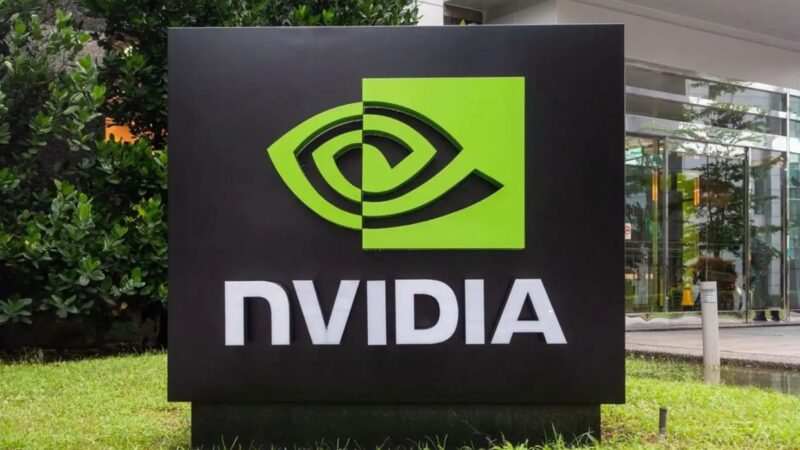Bored Ape NFT sells for $3,000 instead of $300,000 by mistake

Unintentionally, a popular non-fungible token (NFT) was sold for slightly over $3,000 (£2,270), less than one-hundredth of its market value.
The Bored Ape Yacht Club is one of 10,000 digital art pieces in a limited edition, each with small differences. However, the owner of Bored Ape number 3,547 made a fat-fingered typing blunder when selling the item for sale online. An automated account bought the NFT right away, and it was put back on the market for roughly $250,000.
The vendor, Maxnaut, told CNet that he intended to sell Bored Ape number 3,547 for 75 ETH, a cryptocurrency that is widely accepted on NFT markets. However, a slip in concentration caused him to write in 0.75 ETH ($2,989) instead during one of the many trades he lists publicly every day. Gas fees, which affect how quickly the Ethereum network conducts a transaction, were also paid by the suspected-bot buyer, totalling 8 ETH ($32,000). The deal was concluded fairly swiftly as a result of this.
Such errors are usually easily corrected in traditional financial transactions if the facilitating bank is notified as soon as feasible. Such a sell, however, is typically irrevocable in the unregulated crypto-trading market.
The Bored Apes, who debuted in April 2021, are made using a computer script that blends a range of colours, styles, and accessories to produce each one-of-a-kind creature. They were sold for 0.08 ETH ($320 today), but are now worth at least 50 ETH ($200,000).
Whether they are NFT fans or celebrities, many owners use their apes as Twitter profile images. Critics of the NFT sector as a whole, on the other hand, wonder what buyers get for their money when they buy non-physical art, and whether the certificate of ownership is maintained on the blockchain, the same technology that drives cryptocurrencies, is worth the exorbitant sums paid for some NFTs.
The technology also consumes a lot of energy due to the way transactions are validated using a high-powered computer, leading to charges that the industry is bad for the environment.






